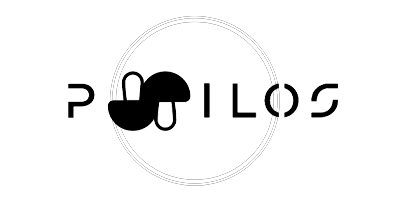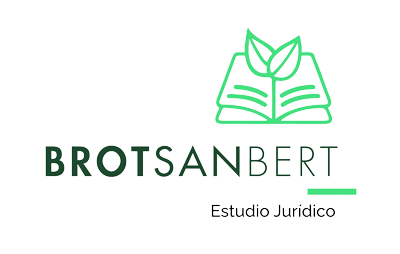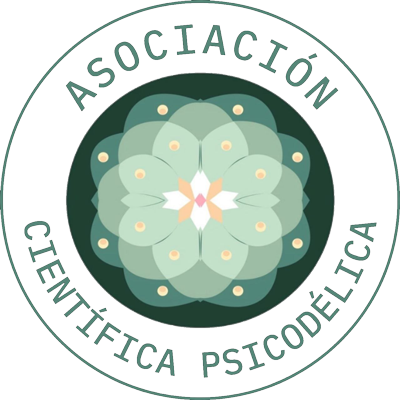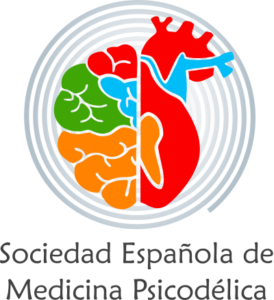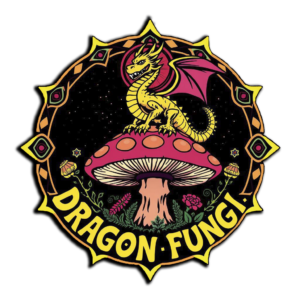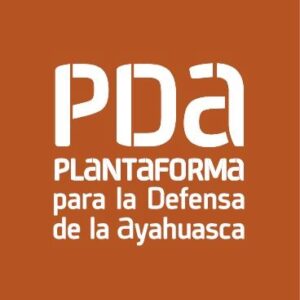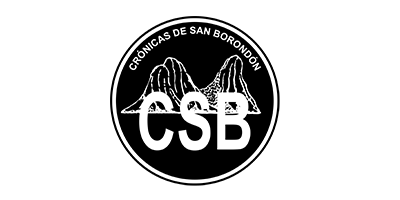Lucas Fernández Borkel participated in the first edition of Fuertedélica in 2022. This year, this Philosophy professor returns to Corralejo, this time as a founding member of the Psychedelic Scientific Association, based in Las Palmas de Gran Canaria.
In this interview, Borkel shares some of the research being conducted by the association, including a pioneering study on the use of psychedelics for treating anxiety… in dogs.
What is a philosopher like you doing at a psychedelic conference like this?
There has always been an interest in the world of philosophy in these issues that lie at the boundary between the biological and spiritual aspects of human beings. I believe that philosophy moves in this intersection between ages of knowledge.
Where does your interest in psychedelic substances come from?
Part of my training in philosophy mainly revolved around the philosophy of mind, epistemology, and philosophy of science, which are seemingly less related to this world. However, the part of the history of philosophy comes into contact with the so-called Eleusinian Mysteries, rituals that took place in ancient Greece and in which all the great philosophers of the time participated.
We live in a time when psychedelics have burst into the world of mental health. I think we are at an interesting moment for science and philosophy in this area.
The so-called “psychedelic renaissance” also has a dose of “shamanic renaissance,” as we are recovering a lost knowledge in the West in our relationship with power plants.
That’s right. Until relatively recently, it was not accepted that great philosophers like Plato or Aristotle had participated in such practices, but it is confirmed by the works of these authors themselves. Most likely, the majority of Greek and pre-Socratic philosophers participated in these mysteries.
Tabla de Contenido
ToggleThe Psychedelic Scientific Association
You are attending Fuertedélica as a representative of the Psychedelic Scientific Association. What can you tell us about this organization?
The Psychedelic Scientific Association was founded in Las Palmas de Gran Canaria two years ago and started as a research project with only four researchers. In this short time, we have directed much of our energy to publishing and trying to get research projects off the ground against the current or to start something new, as in the Canary Islands, psychedelic research is practically nonexistent, at least from an institutional point of view.
What projects?
We have published a couple of observational research projects, studies with surveys using psychometric tools, and recently the ethics committee approved two clinical studies for us. The first focuses on terminally ill Alzheimer’s patients, and the other is a rather curious study because it involves using a psychedelic to treat anxiety in dogs. As far as we know, no studies have been conducted to treat an ailment specifically in animals.
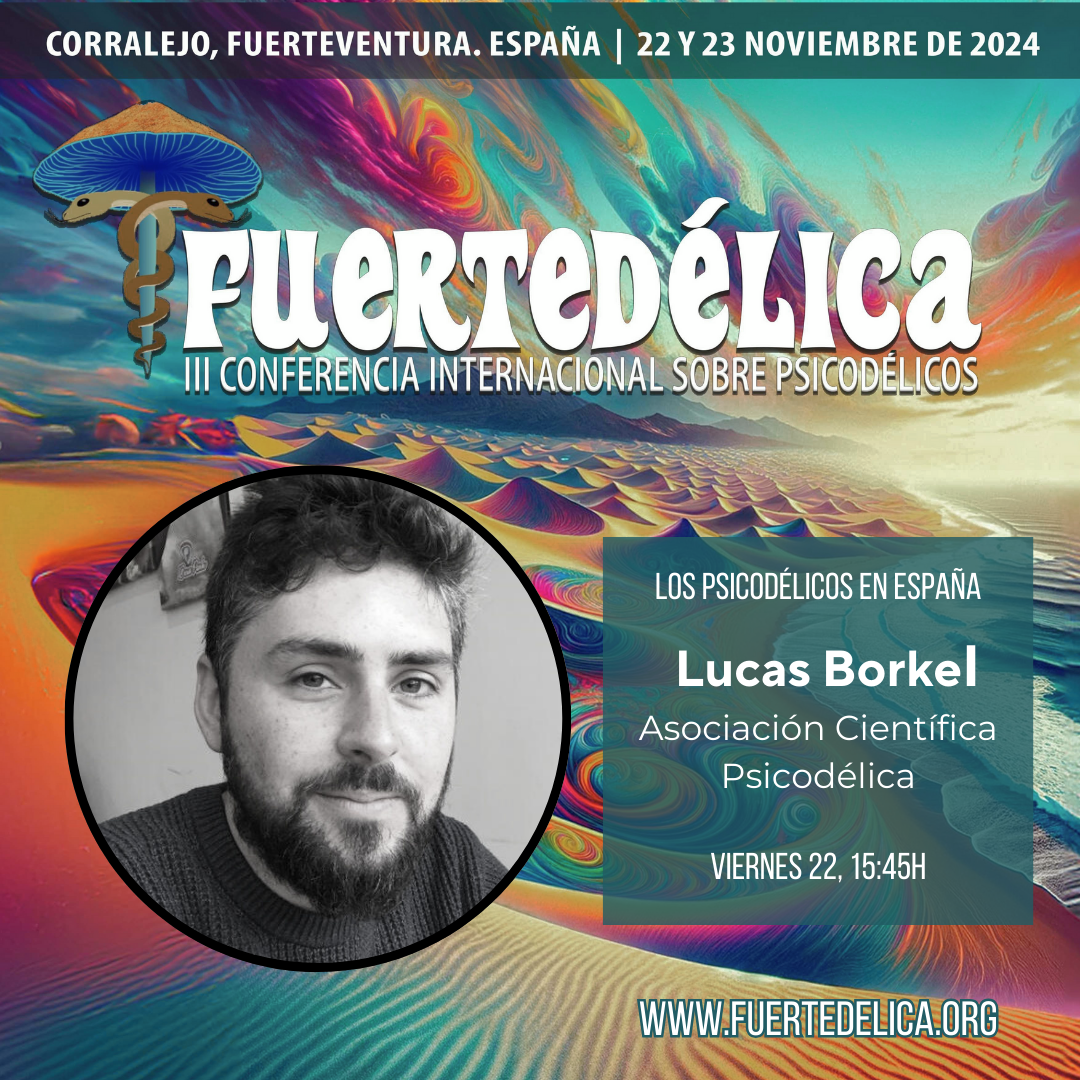
Tell us a bit more about this study. What substance are you going to administer?
We were not aware that there are many dogs, especially in cities, receiving treatments for anxiety, and they were being given anxiolytics in some cases, even antidepressants and antipsychotics in the most severe cases, drugs intended for humans. We all know the typical dog that barks hysterically all day when alone or when it hears a small noise on the street or at home when a bell rings.
We thought: if there are treatments with psychedelic substances for humans to treat anxiety disorders, why aren’t there any trials to treat it in dogs? So, we recruited an ethologist who became interested in the subject and sought the approval of the ethics committee of Las Palmas. After several trials, we decided to work with 1cP-LSD, a molecule analogous to LSD, because it is much easier to work with these types of molecules in Spain since they are not classified.
Anxiety in Dogs
What did the pilot test consist of?
We conducted the first test with an older dog, with a severe anxiety disorder, which can hardly go outside because it gets very nervous every time even the microwave beeps. We created a microdosing protocol of 1cP-LSD and started administering it every two days, an adaptation of Fadiman’s protocol, in a dog version.
What results have you obtained?
The symptoms have completely disappeared under the effect of microdoses. The next day, the dog experiences anxiety again, but it is slightly less, and throughout this process of ten doses on alternating days, we have seen a significant reduction in symptoms. There have been no adverse reactions.
Do you know of other cases of psychedelic use in animals?
We started investigating and found that there are tribes in the Amazon that give small doses of ayahuasca to hunting dogs to increase their tracking abilities. This seems very interesting to me because it appears to have a similar effect as it does in humans. Regarding the effects of microdoses, there is still much to investigate, although there is a lot of anecdotal evidence that it improves mood, increases performance, concentration, and even relaxation. This is a first and small study, but who knows if in the medium term it could be an alternative for treating these problems in dogs, which, as I said, are very widespread, especially in dogs living in cities.
Psychedelics Against Rumination
What other implications could this study have?
Perhaps it could have implications in studying animal consciousness because we know that psychedelics reduce rumination in humans. Rumination is that way of dwelling on thoughts, which causes, among other things, anxiety. It seems that microdosing stops rumination and, therefore, decreases anxiety, although they are not anxiolytic substances by themselves. So, the question is: what brain activity is decreasing in animals to reduce their anxiety? This could have implications even for the study of animal consciousness.
And to understand, perhaps, why our pets are developing pathologies typical of humans.
In this study, we also want to see if these dogs suffering from anxiety also have owners with anxiety because there is anecdotal evidence to this effect, which, moreover, would make sense, as dogs, being gregarious animals, are on the same emotional frequency as the other members of the pack, including their owners.
What will you talk about at Fuertedélica, Lucas?
Given the limited time I have, I will mainly talk about what we are currently working on, which are these two projects: the one with dogs, the one with terminally ill Alzheimer’s patients, and another observational study that we will launch in a few weeks, a study on epistemic risks associated with the use of psychedelics. I mean personality and belief changes associated with the use of psychedelics, a phenomenon that has hardly been studied. Shortly, we will launch a questionnaire that we have been developing for this study.
Thank you very much, Lucas. See you in Fuerteventura.
Thanks to you.
Lucas Fernández Borkel will participate in the round table “Psychedelics in Spain,” on November 22 at Fuertedélica.
Get your discounted ticket at this link.




